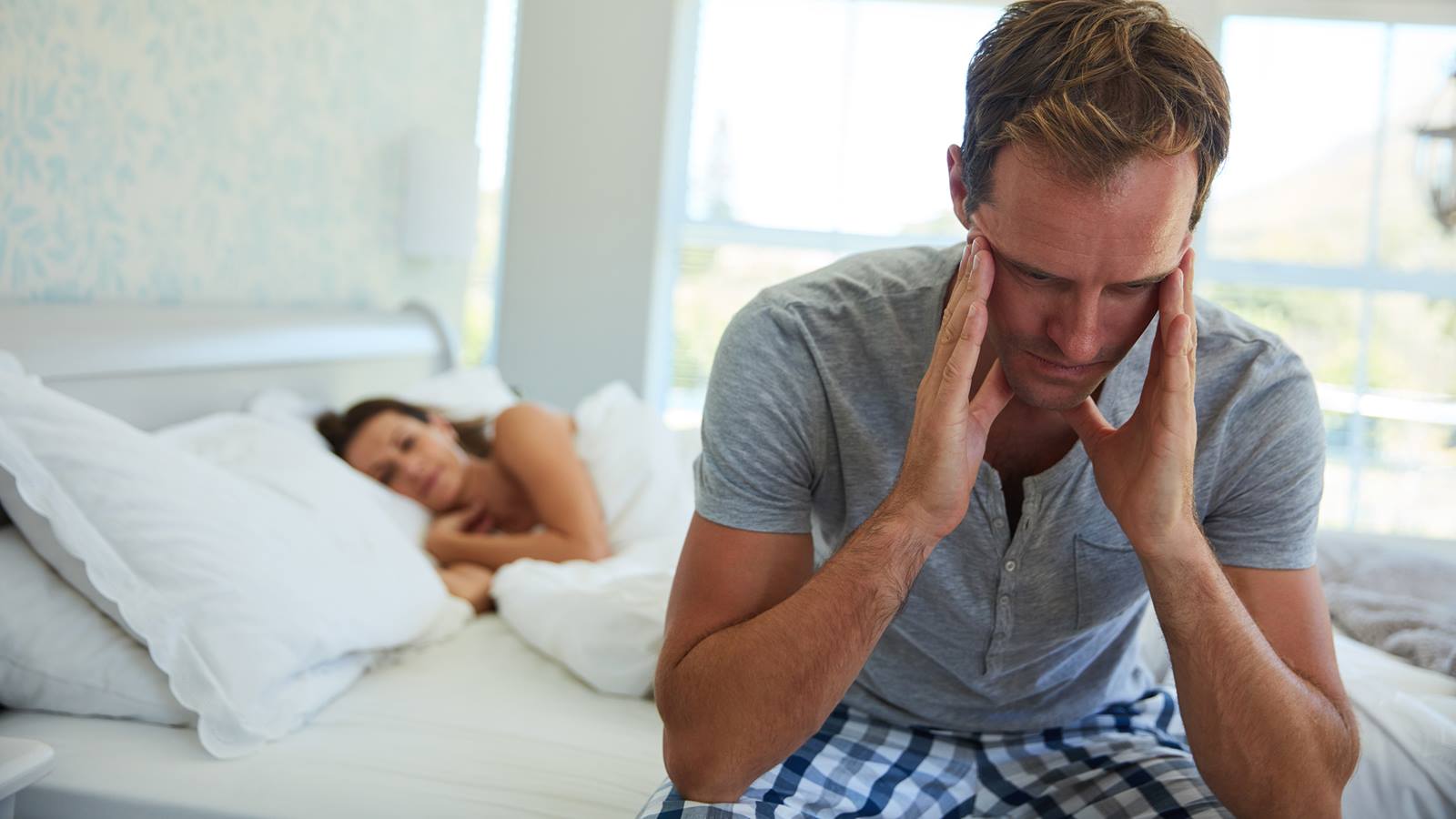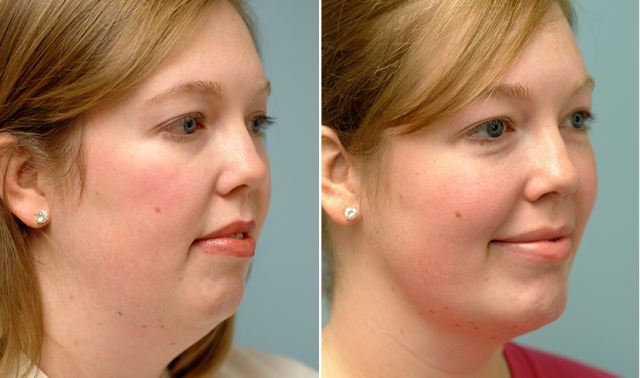Maintaining A Healthy Sleep Cycle Boosts Mental Health

Nothing in this world can replace that feeling of contentment and inner calm that a person experiences after having a good sleep of around 7-8 hours. Does that sound too much? Not after you realize how immensely your sleeping pattern can affect your mental and physical well-being. Currently, in the era of constant hustle, people think that sleeping less can work for them, but they want to keep using the maximum of their timeline to do something fun or productive.
Even if their faces appear sleep-deprived, their metabolisms go into a deep slumber, and their brains become less functional as time passes. Sometimes we experience anxiety, pessimism, fatigue, and lethargic feelings, and we blame these feelings to the environment, stress, or anything else we believe to be to blame. Ever noticed a difference between being a night owl and sleeping a tight night during the day?
Before seeking therapy or professional help to combat persistent anxiety and decreased mental productivity, let’s check how sleeping depravity hampers our brain and body functions.
- Lack of concentration: The brain ceases to function in full swing if the person doesn’t sleep the required amount of time, it becomes difficult to remember things related to the recent past, and a small task can also be overwhelming.
- Depressed and irritable mood: Poor brain functioning also leads to poor processing of emotions, due to which the person always feels agitated and anxious. Studies from psychology journals reveal that the brain cannot suppress the anxiety hormones released by the amygdala. It is the centre of the neural system that releases stress or anxiety hormones due to external triggers.
- Behavioural alteration: An irritable mood can ultimately show up in our behaviour, sometimes in the form of an emotional outburst or a complete mellow down at other times. The person tends to get the wrong buttons pressed too often, which could create a negative vibe around one’s personality.
- Development of psychotic traits: Minor disturbances in the pattern of sleeping can be dealt with effortlessly and cost-effectively, such as taking assistance from an AI-enabled self care app, and they prove to be helpful. But don’t ignore the earlier symptoms of depression and insomnia because prolonged sleep deprivation can cause hallucinations and delusions. This is considered a dangerous state, depending on the level of psychotherapy, since the person might harm themselves or others.
These are some reasons why following a proper regime of sleeping and waking up is of utmost importance. There are advanced tools used by psychological scientists, such as Cognitive behavioural therapy (CBT), to treat insomnia and other depression symptoms triggered by the lack of sleep. In this technique, the problem is cured without using sleeping pills but by counselling the person to identify and replace the thoughts and ideas that prevent the proper sleeping mechanism from establishing for a person.
CBT technique helps the patients to eliminate the thoughts and ideas that prevent them from going into sleepy mode. For this purpose, sleep therapists may ask people to maintain a sleep journal to help them understand the pattern.




